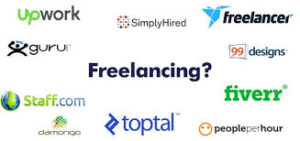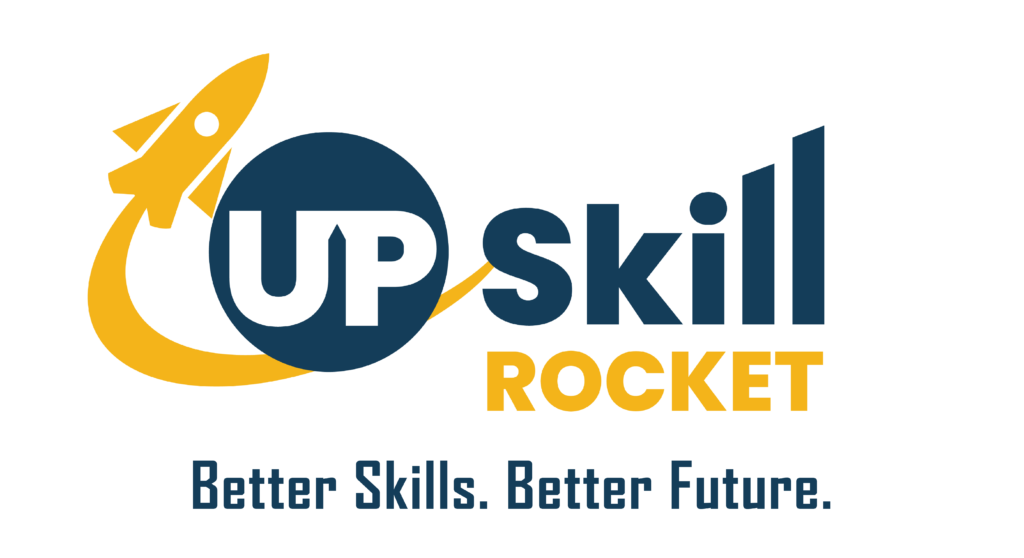 Introduction
Introduction
Freelancing is more than just a career choice—it’s a lifestyle that offers freedom, flexibility, and control over your professional life. Whether you’re seeking a side hustle or a full-time pursuit, freelancing allows you to monetize your skills while working on your terms. However, starting this journey requires a strategic approach to ensure success and sustainability.
Here’s a step-by-step guide to help you navigate the transition into freelancing effectively.
 Step 1: Identify Your Skills and Passion
Step 1: Identify Your Skills and Passion
Start by evaluating your skills, strengths, and interests. This will help you determine the services you can offer. Common freelancing fields include:
- Writing: Blogs, copywriting, or technical documentation.
- Design: Graphics, web design, or branding.
- Technology: Software development, app creation, or cybersecurity.
- Marketing: Social media, SEO, or email campaigns.
Action Plan:
- Create a list of skills you excel at and enjoy using.
- Explore which of these are in demand in the freelance market.
 Step 2: Define Your Target Audience
Step 2: Define Your Target Audience
Understanding your target audience helps you position yourself as a valuable solution provider.
- Who needs your services?
- What problems can you solve for them?
- Where can you find them?
Action Plan:
- Create an ideal client profile detailing demographics and needs.
- Research industries or businesses that align with your niche.
 Step 3: Build a Portfolio
Step 3: Build a Portfolio
A portfolio showcases your expertise and gives clients confidence in hiring you. If you’re just starting, create sample work or take on small projects to build credibility.
Action Plan:
- Develop a professional website or use platforms like Behance, Dribbble, or LinkedIn.
- Include testimonials and case studies to highlight results.
 Step 4: Set Your Rates
Step 4: Set Your Rates
Determine your pricing based on your skill level, market demand, and competition. Avoid undervaluing your work but remain competitive.
Action Plan:
- Research industry-standard rates on freelancing platforms.
- Experiment with pricing models: hourly, project-based, or retainer.
 Step 5: Choose Your Platform
Step 5: Choose Your Platform
Freelancing platforms can connect you with potential clients quickly. Popular options include:
- Upwork
- Fiverr
- Toptal
- Freelancer.com
Alternatively, you can network through LinkedIn or reach out to clients directly.
 Step 6: Market Yourself
Step 6: Market Yourself
Marketing is critical for attracting clients and establishing your brand. Social media, blogging, and networking events are excellent ways to showcase your expertise.
Action Plan:
- Build a professional presence on LinkedIn, Instagram, and Twitter.
- Use content marketing, such as blogs or videos, to share your insights.
 Step 7: Stay Organized
Step 7: Stay Organized
Freelancing comes with responsibilities like managing multiple projects, clients, and finances. Use tools to stay on top of tasks.
Action Plan:
- Use Trello, Asana, or Notion for project management.
- Track time with Clockify or Toggl.
- Handle invoices with tools like FreshBooks or QuickBooks.
Conclusion
Embarking on a freelance journey can be both exciting and challenging. It demands self-discipline, continuous learning, and a proactive approach to networking and marketing. However, the rewards—flexibility, independence, and the ability to craft your dream career—make the effort worthwhile.
Take the first step today, and with persistence and strategy, you’ll be on your way to a thriving freelance career.
